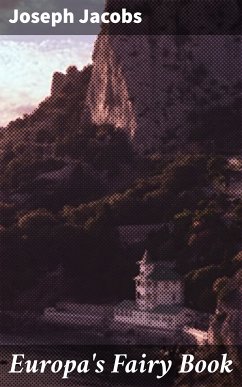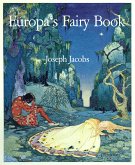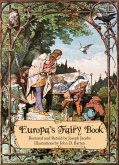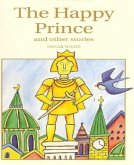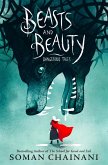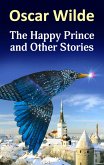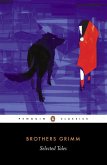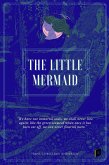In "Europa's Fairy Book," Joseph Jacobs presents a vibrant collection of European fairy tales, meticulously curated to reflect the rich tapestry of folk narratives across the continent. The anthology showcases Jacobs'Äôs signature style, which combines folk elements with a scholarly lens, ensuring that each tale retains its charm while being situated within a broader cultural context. His approach not only entertains but educates, offering insights into the morals, customs, and beliefs of various European cultures through stories filled with magic, adventure, and whimsy. Joseph Jacobs, a prominent figure in the realm of folklore studies, was deeply influenced by the oral traditions of storytelling that pervaded his upbringing. His background as an Australian-born scholar, who later moved to England, allowed him to infuse his works with a diverse cultural perspective. Jacobs's passion for folk narratives was further fueled by his desire to preserve the authenticity of these tales against the backdrop of an increasingly industrialized world, making "Europa's Fairy Book" a vital contribution to both literary and cultural heritage. For readers and enthusiasts of fairy tales, "Europa's Fairy Book" is an essential addition to any library. Jacobs's collection not only entertains but also invites readers to explore the moral undertones and historical significance of these enchanting stories. Whether enjoyed by children or treasured by adult readers, this anthology is a delightful journey through Europe'Äôs magical past.
Dieser Download kann aus rechtlichen Gründen nur mit Rechnungsadresse in A, B, BG, CY, CZ, D, DK, EW, E, FIN, F, GR, H, IRL, I, LT, L, LR, M, NL, PL, P, R, S, SLO, SK ausgeliefert werden.

